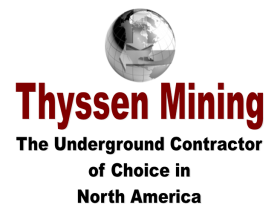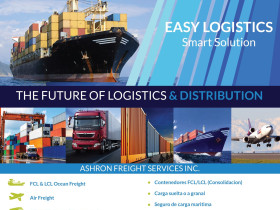If you cannot build, buy. Canadian pipeline companies have been trying to extend their networks southward, most famously with the proposed Keystone XL pipeline, rejected by the Obama administration last year. On Tuesday , the Canadian oil and gas transporter, to buy the American natural gas pipeline operator . The C$36bn ($28bn) deal is notable for its rationality in price and structure.
Organic growth in the sector is hard to come by. Low energy prices have reduced demand for pipelines. Despite this, in the past year Enbridge and Spectra have registered dividend growth of 14 and 7 per cent, respectively. Enbridge estimates that between 2014 and 2019 the combined cash flow available for dividends will grow at a double-digit rate.
The premium that Enbridge has offered Spectra shareholders is generous, but not mad. Spectra will contribute just above a third of the combined company’s profits; its shareholders will own 43 per cent of the group’s shares. Looked at this way, Spectra shareholders are getting a premium worth about 8 per cent of the new company’s market cap — worth perhaps C$6.5bn, at pre-deal prices.
Taxed and capitalised, the $540m of cost savings the companies foresee are worth about $2bn less than that. But Spectra’s shares were more richly valued by the market, relative to its profits, before the deal was done. This reflects rosier growth expectations. If these are fulfilled, the premium and the savings roughly match.
Of course, incremental dividend growth might prove harder to generate than expected. Despite their protests to the contrary, pipeline operators are affected by energy price volatility. And cost savings are easier projected than collected. But because the deal is done all in shares, both groups of shareholders bear that risk. In a time of feverish all-cash bids, there are worse rules than these: use shares, and keep the premium under control.
Email the Lex team at










